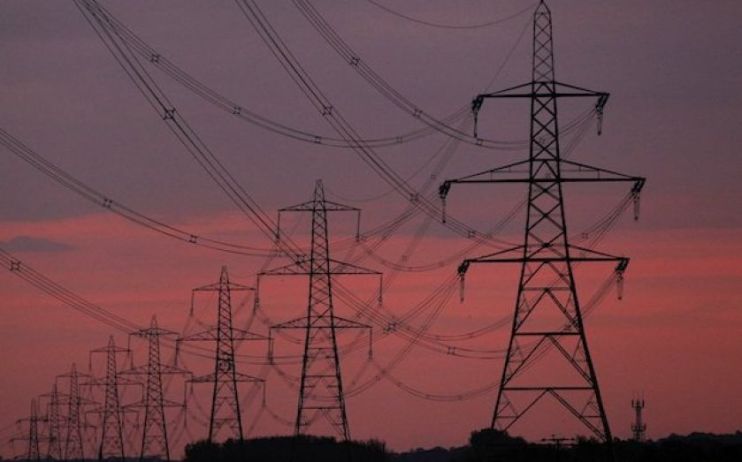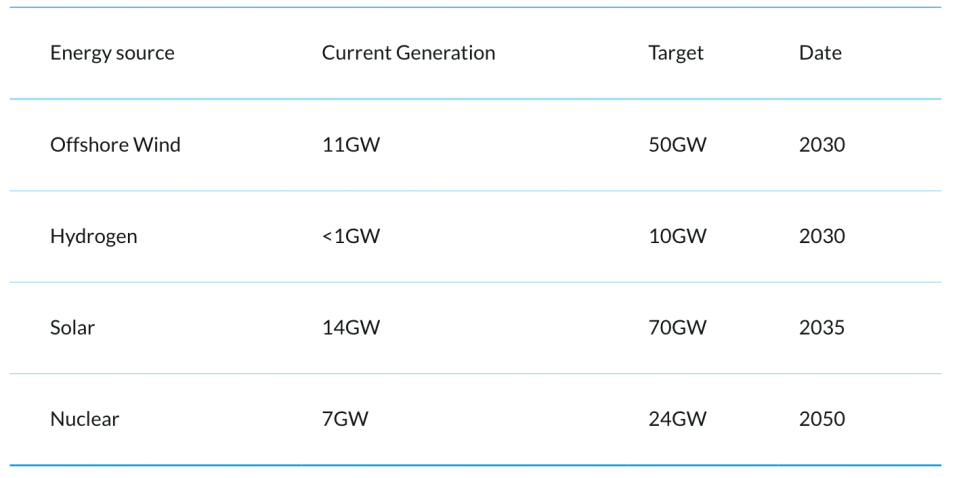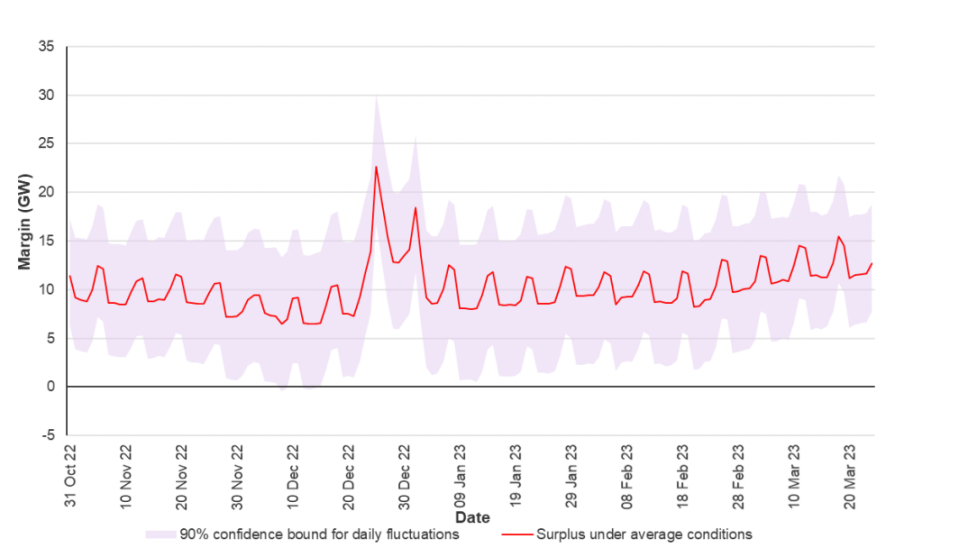UK must overhaul planning to meet renewable goals, warns National Grid

The UK will have to build around seven times as much infrastructure over the current decade as it has constructed in the past 32 years to meet the country’s renewable energy goals, warned the boss of National Grid.
Chief executive John Pettigrew told the BBC that huge changes in planning and regulation were vital for the Government to hit its target of a 400 per cent in offshore wind by the end of the decade.
Otherwise, it would not be possible to build the hundreds of miles of new cables and overhead pylons needed onshore to shift energy from the east coast of the UK to the south of England where it will be chiefly used.
He said: “We’re going to need changes to regulation, to the planning process, but we also need to work with local communities. They should get the benefits when they’re hosting this infrastructure.”
Former Prime Minister Liz Truss unveiled multiple supply side reforms in an attempt to liberalise planning laws, however it is unclear whether the new administration under Rishi Sunak will be equally bullish.
The Government has already rolled back plans to reintroduce fracking, with growing concerns over the status of onshore wind developments.

National Grid: Blackouts, a ‘worst case’ scenario
Pettigrew also played down the prospect of blackouts, confirming the grid’s base case was the UK having sufficient supplies to meet heating and lighting demand the winter.
Its boss, John Pettigrew, argued its “base case” assumption was the UK would have enough supplies to meet heating and lighting demand this winter.
He said National Grid had thousands of engineers working across the country, to ensure that the network is ready for “whatever weather we see over the winter.”
Nevertheless, he confirmed short rolling power cuts rolled out regionally were a possibility in a worst-case scenario.
“There could be energy shortfalls in the UK and we will manage that very carefully”, Pettigrew said, “this isn’t a time for people to panic.”
National Grid is working on a host of scenarios to protect the country from supply shortfalls from Europe, including restarting coal power stations and paying households and businesses to reduce consumption levels.

Last month, National Grid’s winter outlook warned that households could lose power for up to three hours at a time this winter if gas supplies run extremely low, but had added it was an “unlikely” scenario.
In the current context, Pettigrew argued it would be “common sense” for the Government to launch a public information campaign on reducing energy use this winter – a move that ministers have so far avoid. .
He said: “From my perspective, it just makes common sense, not from a security of supply perspective, but when prices are so high, from an economic perspective it makes sense for people to think about how they can reduce their energy consumption.”
National Grid is launching a £50m support fund this week, targeted at charities and organisations which help vulnerable households meet rising energy costs.
Over the next two winters, National Grid said the cash would go to organisations that provide emergency relief to households using pre-payment energy meters, alongside charities that fund energy efficiency measures.
The Fuel Bank Foundation, Affordable Warmth Solutions, and Citizens Advice have each been handed £10m.